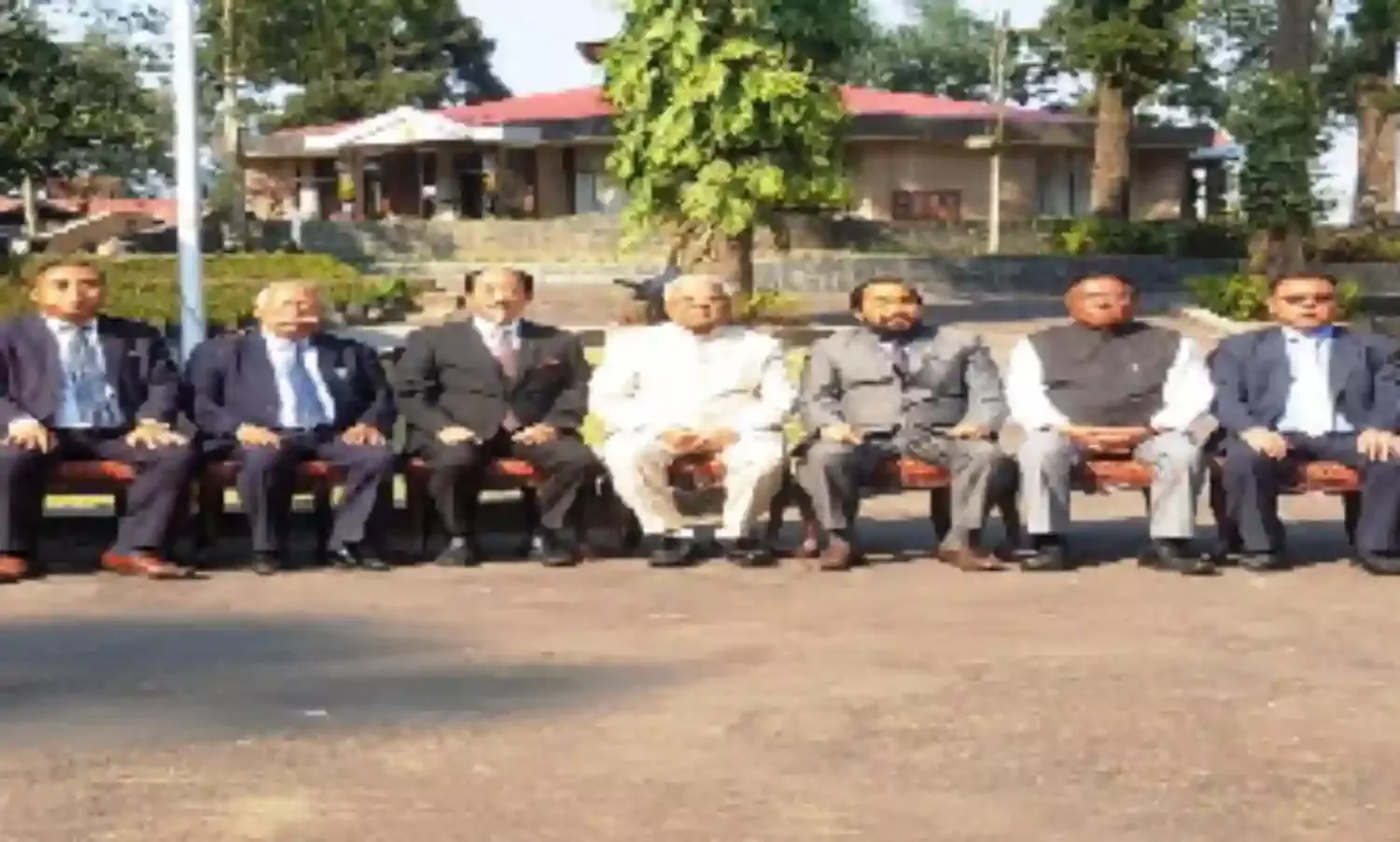Finally, Nagaland All Male Cabinet Decides to Look at Women Reservation
No Woman ever elected to the Assembly

ITANAGAR: A year and a half since violence erupted in parts of Nagaland allegedly over the issue of granting 33 percent reservation for women in urban local bodies, the all-male state Cabinet has constituted a sub-committee that will look into the feasibility of the proposal.
Headed by agriculture minister G. Kaito Aye, the sub-committee has two months time to submit its recommendations.
Last year in February, then-chief minister TR Zeliang had to step down when violence broke out in parts of the state allegedly over the decision to allow 33 percent reservation for women in Urban Local Bodies elections. The political turmoil that followed led to two deaths and arson cases, and a change in the chief ministership before former Lok Sabha MP, Neiphiu Rio, taking over the reins after the Legislative Assembly election earlier this year.
In that election, at a figure of five, women candidates made up only two percent of the total 195 who fought for a seat in the 60-member Assembly. None of them won.
The first Legislative Assembly in Nagaland was formed in February 1964 but no woman has ever been elected to the House. The only time a woman was elected into office was when Rano M Shaiza became a Lok Sabha MP back in 1977. Since the state’s creation in 1963, just 30 women have contested the state elections but have won.
Among the five women who had unsuccessfully contested the polls this year, Awan Konyak, is hoping for positive changes but not infringing upon Naga customary laws.
The primary reason for the opposition to the proposal of the 33 percent reservation last year was that such a plan will infringe customary laws of the tribes that call Nagaland home.
“Since we have very strong traditional setup and values, it is difficult to say whether the change would be 100 percent in a short span of time but I hope with the paradigm shift we are experiencing now, we can meet somewhere in the middle,” Konyak said.
A vocal voice against the reservation of seats for women was the council of Naga tribes of Nagaland called the Naga Hoho on the grounds that it would infringe Naga traditions and customs as protected under Article 371A of the Constitution.
The Naga Hoho president, P Chuba Ozukum, said that the formation of the sub-committee is “fine” but it is up to “the wisdom of committee towards resolving the imbroglio”.
He also said that an assurance of support for reservation by the Hoho cannot be given at the moment.
Konyak, though, remains hopeful.
“Women are a lot more aware and a lot more vocal about the place we should have in our societies. We are more open about what we should be entitled to, whether in status or in the share of our father's properties,” she said.
She also said that the participation of women in this election has “opened more minds to the possibilities of having women as part of the decision-making body in the state”.



